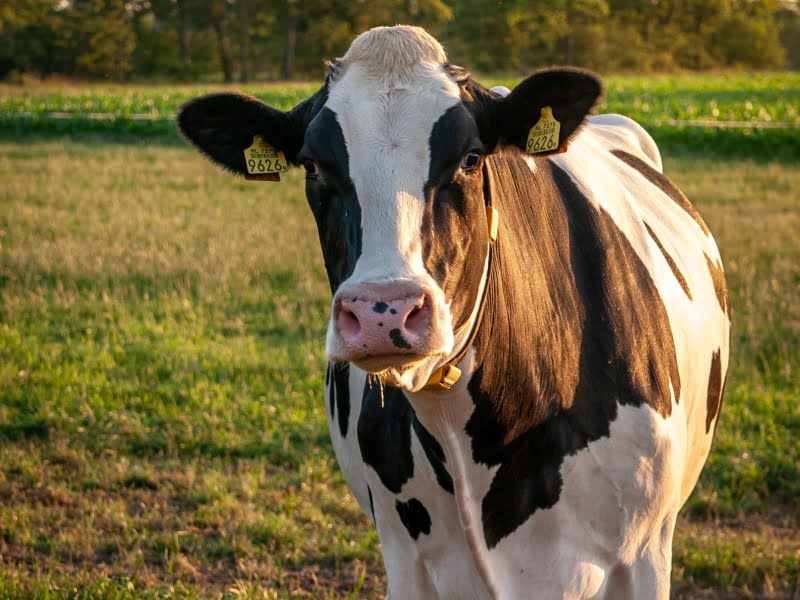Federal grants totalling $6 million have been awarded in the latest round of Methane Emissions Reduction in Livestock program to demonstrate the emission reduction and productivity impacts of three innovative projects.
The three projects, which will receive between $1 million and $2.9 million for future trials, aim to support the development of methane-reducing livestock feed from seaweed.
A total of $15 million has been earmarked for stage three of the Methane Emissions Reduction in Livestock (MERiL) program initiated under the former Coalition government, leaving $9 million remaining for future rounds.

Agriculture, Fisheries, and Forestry minister Murray Watt said the government remains committed to reducing emissions while building value and remaining internationally competitive. Similar sentiment was also expressed by Climate Change and Energy minister Chris Bowen.
“We are backing new technologies to help farmers tackle the emissions challenge and respond to increasing global interest in sustainable agricultural production,” Minister Watt said.
The largest grant of just over $2.9 million was awarded to Graincorp who will demonstrate the use of Asparagopsis, a native Australian seaweed, as a low-emission feed supplement through a large-scale dairy and beef livestock trial.
The Graincorp project is being undertaken in partnership with CSIRO spinoff FutureFeed, the University of Queensland, and Agriculture Victoria Services.
Around $1.9 million has been awarded to a University of New England-led project to evaluate the use of automated feeders for three different methane-reducing supplements for sheep: Asparagopsis, alcohol nitrate Bovaer, and essential oils additive Agolin. Bovaer was developed by Dutch firm DSM while Agolin was developed by the eponymous Swiss firm.
Both Graincorp and the University of New England have previously research grants through stage one and two of MERiL to the tune of $600,000 and $500,000, respectively.
The remaining $1 million in the latest round went to a University of Adelaide-led project to investigate the long-term effect of seaweed supplements on methane production in the offspring of pregnant cows.
Last October, the Commonwealth government signed Australia onto the Global Methane Pledge to cut global emissions of the gas by 30 per cent on 2020 levels by 2030. Australia joined 122 other signatories, a year after former Prime Minister Scott Morrison refused to sign up.
According to the Clean Energy Regulator, the global warming potential per tonne of methane is 28 times greater than carbon dioxide emissions, estimated over a 100 year timeframe.
As of 2020, about 15 per cent of Australia’s greenhouse gas emissions come from the agriculture sector. In 2022, enteric fermentation – the digestive process in some animals that produces methane as a by-product – emissions from livestock accounted for 70 per cent of emissions in the agriculture sector.
Round two of funding under stage three of MERiL will launch in early 2024.
Do you know more? Contact James Riley via Email.


When is the Beef Industry and the Advisors to the Minister for Climate Change going to recognise the results from the Irish Cattle Research Test Station where Limousin Breed of Cattle can reduce Methane Gas Emissions by upwards of 30 per cent compared to British Based Breeds. Cross Breeding Program involving the Limousin Breed will reduce Methane Gas Emissions by 12 to 15 per cent in the first year. This does not take into consideration the feed efficiency that Limousins can achieve of 3 to 4 per cent over and above other feeds. Why do not the studies include this as Critical Index factors in their Decision-Making Models. A Natural Genetic solution to the Methane Gas Emission is simply to purchase a Limousin Bull.